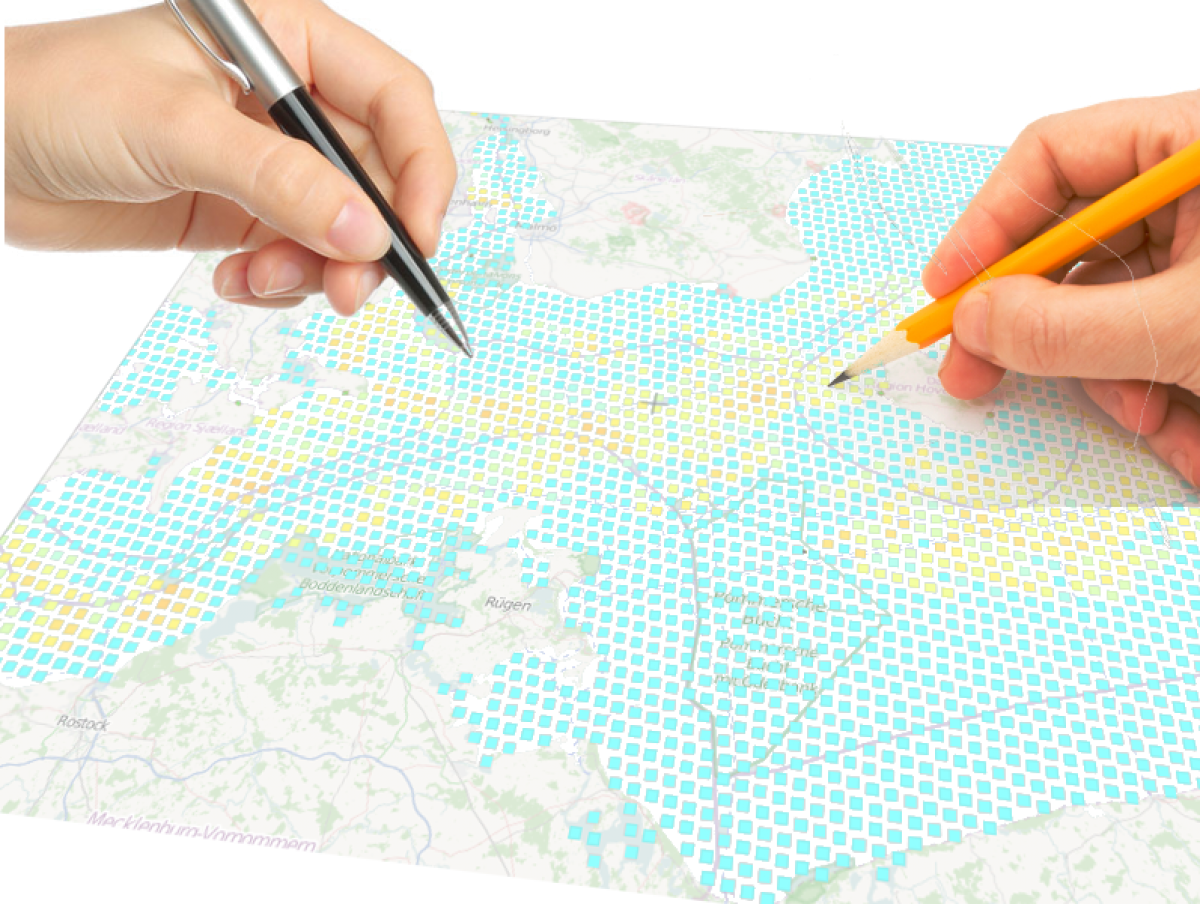Marine Protected Areas (MPAs) can be an effective means of safeguarding key ecological features, provided they are strategically located. Conversely, if important habitats lie outside the designated zones, MPAs may become counter‑productive, especially when fishing effort is high and displaced effort forces fishing fleets work harder to remain viable.
This underscores the necessity of evaluating each situation individually. Moreover, certain technological innovations can inadvertently exacerbate impacts by reducing efficiency, as highlighted in a 2024 EP STOA study.
Viable solutions therefore involve three complementary actions to accompany any spatial restrictions: reducing overall fishing effort (both in days at sea and the number of licences issued) while simultaneously rebuilding stocks through more selective, low‑impact fishing practices; and concentrating activity within clearly defined permissible zones, leaving other areas off‑limits.
Over time, such an approach is likely to make fishing techniques using passive gears more economically attractive, encouraging their adoption in place of mobile, bottom‑contact gear within MPAs* and thereby enhancing both ecological outcomes and social acceptance.
(*though, excluding any activity from vulnerable marine ecosystems, VMEs, is likely unavoidable).
See a paper investigating such issues with modelling tools (published in Frontiers): https://www.frontiersin.org/journals/marine-science/articles/10.3389/fmars.2025.1629180/full

Francois Bastardie is a DTU-Aqua Senior Scientist and method developer in the Section of Ecosystem-based Marine Management with a Ph.D. in Biological Science. He has been involved in several national and EU Funded projects developing expertise in spatial fisheries and fisheries databases. He has a strong background in modeling fishing and the bio-economic dynamics including developing agent-based models for combining marine ecosystems and natural resource extraction models, fisheries economics in a mixed fisheries perspective. He has an experience of 10 years leading to more than 35 peer-reviewed publications by conducting scientific-based fisheries management evaluation with scenario-testing evaluation and simulations, including fleet dynamics and consequences on the economy of fisheries, population dynamics and fish stock assessment. He was in charge of the evaluation of some of the EU long-term fisheries management plans with consequent participation to ICES and STECF working groups, including giving advise from regional to international policy makers.

Author: Francois Bastardie
Francois Bastardie is a DTU-Aqua Senior Scientist and method developer in the Section of Ecosystem-based Marine Management with a Ph.D. in Biological Science. He has been involved in several national and EU Funded projects developing expertise in spatial fisheries and fisheries databases. He has a strong background in modeling fishing and the bio-economic dynamics including developing agent-based models for combining marine ecosystems and natural resource extraction models, fisheries economics in a mixed fisheries perspective. He has an experience of 10 years leading to more than 35 peer-reviewed publications by conducting scientific-based fisheries management evaluation with scenario-testing evaluation and simulations, including fleet dynamics and consequences on the economy of fisheries, population dynamics and fish stock assessment. He was in charge of the evaluation of some of the EU long-term fisheries management plans with consequent participation to ICES and STECF working groups, including giving advise from regional to international policy makers.
View all posts by Francois Bastardie

